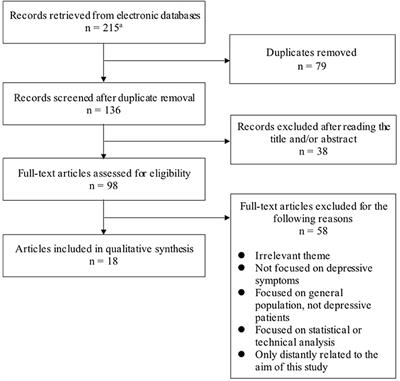EDITORIAL
Published on 04 Mar 2022
Editorial: Novel Approaches to Improve Detection, Differentiation and Treatment in Mood Disorders
doi 10.3389/fpsyt.2022.837283
- 1,539 views
20k
Total downloads
104k
Total views and downloads
EDITORIAL
Published on 04 Mar 2022
ORIGINAL RESEARCH
Published on 28 Oct 2021

ORIGINAL RESEARCH
Published on 13 Sep 2021

ORIGINAL RESEARCH
Published on 21 Jul 2021

MINI REVIEW
Published on 17 Jun 2021

ORIGINAL RESEARCH
Published on 19 May 2021

ORIGINAL RESEARCH
Published on 07 May 2021

MINI REVIEW
Published on 23 Apr 2021

ORIGINAL RESEARCH
Published on 03 Feb 2021
ORIGINAL RESEARCH
Published on 26 Jan 2021

STUDY PROTOCOL
Published on 12 Jan 2021

ORIGINAL RESEARCH
Published on 07 Dec 2020
